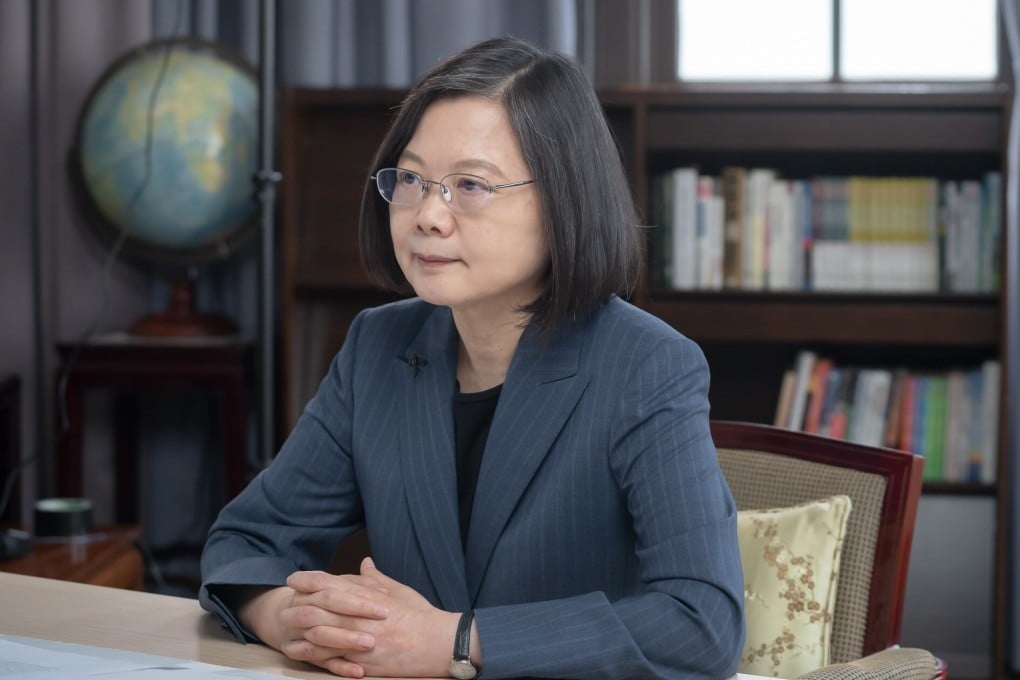Editorial | Tsai Ing-wen should watch her words and deeds
- With a record number of PLA fighters having flown close to Taiwan amid increasing tensions, the island’s president has to be careful what she says on Double Tenth Day

As the so-called Double Tenth Day approaches, when Tsai will give a speech marking an anti-imperial revolt in China that is celebrated as a holiday, such military activity is likely to increase. What she says and does will be keenly watched; any effort to push for greater Taiwanese recognition internationally will raise cross-strait tensions. To avoid the risk of conflict, the United States has to similarly refrain from provocative remarks and actions.
Taiwan comes under Chinese sovereignty, so such comments, coupled with regular American military drills near the island, are disingenuous. The US has not explicitly supported Taiwanese independence, but under former president Donald Trump and now Biden, it has been eroding the edges of its pledge to uphold the principle that there is only one China. Tsai has never recognised the 1992 consensus, on which the one-China principle is based. Her refusal, and that of her Democratic Progressive Party, is the reason for relations with Beijing having broken down and the lack of communication has increased tension.
But the island’s opposition Kuomintang recognises the consensus, which is why President Xi Jinping, who is also general secretary of the Chinese Communist Party, sent a congratulatory message to its newly elected chairman, Eric Chu Li-luan.
In the message, Xi expressed hope the two parties would work together for the well-being of people on both sides of the strait, seek peace and strive for reunification of the nation. In his reply, Chu indicated aspirations for the sides to promote peace and stability and said he opposed independence for Taiwan. This is what Beijing expects; it is willing to engage with those who endorse the consensus.
